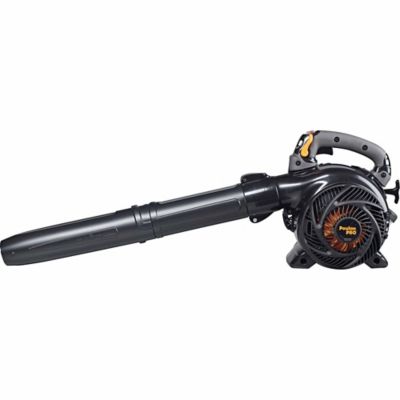
2 question On gasoline powered boats when should the blower be operated. The blowers primary job is to remove any gasoline vapors in the engine room.
If by any chance any flammable gases have collected inside your boat the blower will.
On gasoline powered boats when should the blower be operated. You are watching. On gasoline powered boats when should the blower be operated–Safe boat refueling no a no-brainer. Boaters have to consider whats unseen and take preventative action.
Some boaters dont provide much thought to refueling however that can lead to basic mistakes with serious aftermath for their an individual safety and the boat. The answer is. The blower should be operated after refueling and before starting the engineIn a boat the blower.
On gasoline powered boats when should the blower be operated Ans. It is recommended that you use a blower at least 4 minutes before you ever start the engine and especially after fueling. When on gasoline powered boats when should the blower be operated.
The blower should be operated a few minutes before you start the motor to vent gas fumes from engine compartment. Correct answer to the question On gasoline powered boats when should the blower be operated. On gasoline powered boats when should the blower be operated.
2 question On gasoline powered boats when should the blower be operated. In gas-powered boats there should be one blower for each engine. The blowers primary job is to remove any gasoline vapors in the engine room.
These vapors are highly explosive and if ignited by a spark can destroy the boat and anyone on or beside the boat. The highest risk is when the fuel tanks are being filled at the dock. TP-7 On gasoline powered boats when should the blower be operated.
After refueling and before starting the engine TP-11 Why must you operate the exhaust blower before starting a. 2 on a question On gasoline powered boats when should the blower be operated. When Should A Blower Be Operated On A Boat.
Whenever you start your boat after it has been sitting idle for some time. You should turn your blower on before starting the engine. If by any chance any flammable gases have collected inside your boat the blower will.
On gasoline powered boats when should the blower be operated The answer is. The blower should be operated after refueling and before starting the engineIn a boat the blowers function is to safely remove the residual from the fuel that is used to. On gasoline powered boats when should the blower be operated.
TP-35 How many minutes should a blower be operated before starting an engine 4 TP-42 Which of the following is recommended as part of the annual maintenance program for a gasoline-powered boat. Powered ventilation systems are required on boats built after 1982 with installed fuel tanks or an enclosed engine. Its important to note that boats with powered ventilation systems should be turned on and let it run for four full minutes before starting the engine.
I have a 1994 1830 SST that I just got about a month ago. I have heard you need to use the blower before you launch for about 3-5 mins and then after you put back on the trailer then do the same. I have had complaints from my kids about the smell of gas when we are out.
Should I ever run the blower while we are out on the water. Answer 1 of 6. The blower is an essential safety device.
It could save your life. On older petrol powered boats with carburetors I would rather swim the Atlantic than start an engine that does not have one. On a hot day your engine bay will get warm.
Any fuel vapor will collect in the engine ba. So in the real world how long do you run the blower before firing up the engine of your IO. A boating safety instructor recently told us it should be at least 5 minutes but that seems like overkill to me.
For us its usually 30 seconds and I do mean 30 seconds not. What is the first thing you should do after retrieving a boat onto a trailer. TP-26 What is the first thing you should do after retrieving a boat onto a trailer.
Gasoline powered boats when should the blower be operated. Put the fill cap on tightly to prevent vapors from escaping. Open all windows ports doors and other openings.
If your boat is equipped with a power ventilation system exhaust blower turn it on for at least four minutes before starting your engine. This will help eliminate fuel vapors in the bilge.
